
January 2
0069
The Roman Lower Rhine army proclaims its commander, Vitellius, emperor.
"...was
Roman Emperor from
April 17 69 to December 22 of the same
year, one of the emperors in the "Year of the
four
emperors". He was the son of Lucius Vitellius,
who
had been consul and governor of Syria
under
Tiberius. Vitellius the
son was
consul in 48, and (perhaps in 60-61) proconsul of Africa, in
which
capacity he is said to have acquitted himself with credit. At the end of 68 Galba, to the general
astonishment, selected him to command the army of Germania
Inferior, and
here Vitellius made himself popular with his subalterns and with the
soldiers by
outrageous prodigality and excessive good nature, which soon proved fatal to
order and discipline. Far from being ambitious or scheming, he was lazy and
self-indulgent, fond of eating and
drinking..."

1492
Spanish forces under King Ferdinand and Queen Isabella,
recapture Granada
from the Moors. "...The kingdom
of Granada linked the commercial routes from Europe to Africa crossing
the
Sahara. The nation
constantly
shrunk, and by 1492, it was only a small
nation on
the southeastern coast. This was the most religiously homogenous area in the
peninsula, in fact, Granada has been described as the first Muslim nation to
be
almost completely Muslim. Those Christians who did not convert to Islam had
been
deported or escaped to Christian countries in North and Africa. The only
religious minority was a small Jewish community. On the 2nd of January 1492, the Moors surrendered to the
Spanish,
and the kingdom was incorporated into Castile. The fall of
Granada
holds an important place among the many significant events that mark the
latter
half of the 15th century. It
ended,
after an existence of eight hundred years, the Islamic rule in the Iberian
Peninsula, and
thus formed an offset to the progress of the Muslim power in Eastern Europe and
the
loss to the Christian world of Constantinople. It
advanced Spain to the first
rank among the
nations..."
1570
Tsar Ivan the Terrible's march to Novgorod begins. "Ivan IV Vasilyevich,
called
The Terrible (1530-84), grand duke of Moscow (1533-47) and czar of Russia
(1547-84), one of the creators of the Russian state. He was the first
Russian
ruler to be formally crowned as czar. The first 13 years of Ivan's reign
constitute one of the greatest periods of internal reform, external
expansion,
and centralization of state power in the history of Russia. Ivan's reign
after
1560 is remarkable more for the czar's repeated displays of erratic behavior
and
wanton brutality than for his statesmanship. He surrounded himself with a
select
group of noblemen, whom he allowed to exercise despotic power over his
entire
domain. In 1570 he ravaged the town of Novgorod and ordered the slaying of
thousands of its inhabitants because they had been reported, on dubious
authority, to be conspiring against him. Ten years later Ivan brought
personal
tragedy upon himself when, in a fit of anger, he struck and killed his
eldest
and favorite son."
1635
Cardinal Richelieu establishes the Academie Francaise to maintain the purity
of
the French language.
1729 Birth: Johann
Daniel
Titius, "Prussian astronomer, physicist, and
biologist whose formula (1766) expressing the distances between the planets
and
the Sun was confirmed
by J.E. Bode in 1772, when it was called Bode's Law. Titius suggested that
the
mean distances of the planets from the sun very nearly fit a simple
relationship
of A=4+(3x2n) giving the series 4, 7, 10, 16, 28, *, 52, 100,
corresponding to the relative distance of the six known planets, up to
Saturn,
and an unassigned value (*) between Mars and Jupiter. Olbers searched for a
planetary object at this empty position, thus discovering the asteroid belt.
However, since the discovery of Neptune, which did not fit the pattern, the
"law" is regarded as a coincidence with no scientific significance."
1752 Birth: Philip Freneau, the 'Poet of the American Revolution': The Indian Burying Ground.
1757 Clive of India recaptures Calcutta after it had been seized by the Nawab of Bengal who used the "Black Hole" to imprison British captives.1765 Birth: Charles Hatchett, "English chemist who discovered the element niobium, which he called columbium (1801). He found it while analyzing a piece of columbite from the collection of the British Museum in London, where he worked. The columbite was a black rock found in New England by Connecticut's first governor, JohnWinthrop (1606-1676) who enjoyed collecting minerals. His grandson had sent the specimen decades earlier to Sir Hans Sloane, who gave it to the museum. Columbite is a complex mineral, and Hatchett was able to detect, but not isolate the new element. Forty years later a German chemist, Heinrich Rose, rediscovered the metal and named it niobium, its current name."
1769
English painter Sir Joshua Reynolds becomes the first president of the Royal
Academy, which opens on this day.

1777 Birth: Christian D. Rauch, German sculptor.
1788 Georgia votes to ratify the US Constitution, becoming the fourth state in the modern United States. Named after King George II, Georgia was first settled by Europeans in 1733, when a group of British debtors led by English philanthropist James E. Oglethorpe travelled up the Savannah River and established Georgia's first permanent settlement, the town of Savannah. In 1742, as part of a larger conflict between Spain and Great Britain, Oglethorpe defeated the Spanish on St. Simons Island in Georgia, effectively ending Spanish claims to the territory of Georgia. Georgia, rich in export potential, was one of the most prosperous British colonies in America and was thus slower than the other colonies to resent the oppressive acts of the Parliament and King George III. However, by the outbreak of the Revolutionary War, Georgian Patriots had organized, and delegates were sent to the Second Continental Congress. During the war, Georgia was heavily divided between Loyalists and Patriots, and the British soon held most of the state. Savannah served as a key British base for their southern war operations, and the grim four-year British occupation won many Georgians over to the Patriot cause. On this day, Georgia becomes the first southern state to ratify the US Constitution. Nicknamed the Peach State. Georgia is also referred to as the Empire State of the South. Atlanta, its capital and largest city has been the center of commerce, communication, politics and transportation for the Southeastern region of the US; and every other street is named 'Peach' something or other. Like the rest of the 50 states, Georgia has a state bird: the brown thrasher; a state flower: for some reason it's not the peach blossom, but the Cherokee rose; a state tree: the live oak; a state song: Georgia on My Mind; and an official state motto: Wisdom, Justice and Moderation.

1803 Birth: Charles Thurber, "American inventor of the chirographer, an early form of typewriter, patented in 1843. Born in E. Brookfield, Mass., he formed Allen & Thurber (Worcester, Mass) with his brother in law, Ethan Allen to manufacture firearms. On Thurber's chirographer, the type was mounted on a rotating cylindrical drum. As Scientific American described it, "the paper was secured to the drum, and was brought into the proper place under the type bar guide. The type wheel was revolved until the desired lever came over the guide. The key was then forced down with the finger, and the character was printed." Thurber managed to produce some very neat correspondence with his chirographer, but the machine was far too slow to substitute for hand writing."

1813 A special Commission opens at York, England to put on trial 66 persons for offenses connected with Luddism. Within days, seventeen of them had been executed on the scaffold. Taking their name from (perhaps mythical) Ned Ludd, Luddites vowed to destroy the factory mechanization they blamed for their unemployment. Riots began in 1812, and spread north from Nottingham where half of the population were receiving parish relief. Falling prices for goods, bad harvest increasing prices for food, wages at starvation level, costs of war and lost foreign markets contributed to the economic distress of the working class. One thousand looms were broken up in Nottingham, and a law was passed making destruction of machinery a capital offence."


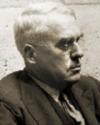
1872 Birth: Albert C. Barnes, "Dr. Albert C(oombs) Barnes was an American chemist who invented the antiseptic Argyrol (1902). This is a silver-protein compound used in aqueous solution as a topical antiseptic. Believing in the social theories of philosophers such as John Dewey, Barnes felt he could better the lives of his fellow citizens. He applied his own ideas in his own factories. He scheduled his workers on 8-hour shifts 6 hours on the production line, followed by 2 hours of lectures on esthetics and art. He became a noted art collector, whose collection is now in the Barnes Foundation galleries in Merion, outside Philadelphia. Barnes' theories of art appreciation continue to be taught at the Barnes Foundation today. Dr. Barnes died in a car crash in 1951."
1873 Birth: Anton Pannekoek, "...Dutch astronomer and Marxist theorist. He is sometimes known as Antonie Pannekoek. Pannekoek studied mathematics and science in Leiden from 1891. Even before he went to college he was interested in astronomy and studied the variability of Polaris. He published his first article, On the Necessity of Further Researches on the Milky Way, as a student. Some years after he had finished his study he started work at the Leidse Sterrewacht (Leiden observatory), where he wrote his thesis. After reading Edward Bellamy's Equality, Pannekoek became a convinced socialist and started studying Karl Marx's theories. Soon Pannekoek became a well-known Marxist writer, writing for both Dutch and German magazines. Dissatisfaction with his job at the observatory led him to move to Berlin, where he became a lecturer at the school funded by the Social Democratic Party of Germany. His radical opinions soon got him in trouble..." 1880 Birth: Louis Breguet, French aviation pioneer.
1889 Birth: Roger
Adams,
"American chemist and teacher
who
joined the faculty at the University of Illinois at Urbana in 1916, which he
converted into the
leading
centre of organic chemistry in the U.S. and forged links with
industry,
notably with Du Pont. Adams worked out the chemical composition of various
natural substances, including chaulmoogra oil (which is used in treating
leprosy), gossypol (a toxic cottonseed pigment), marijuana, and many
alkaloids.
He also worked in stereochemistry and with platinum catalysts and the
synthesis
of medicinal compounds. His name is associated with chemical warfare agent
Adamsite
(diphenylamine chloroarsine) and the Adams catalyst
(platinum oxide or palladium oxide, used for the hydrogenation of carbon-
carbon
double bonds)."

1896 After the Battle at Doornkop, South Africa, Leander Starr Jameson surrenders to the Boers after his attempted raid on Johannesburg.
1903 President Theodore Roosevelt closes a post office in Indianola, Mississippi, for refusing to accept a black postmistress.


1915
Birth: John Hope
Franklin, historian.





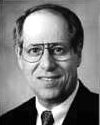
1941 Birth: Donald B. Keck, "American research physicist, who with his colleagues at Corning Glass, Dr. Robert Maurer and Dr. Peter Schultz, invented fused silica optical waveguide - optical fiber. This was a breakthrough creating a revolution in telecommunications, capable of carrying 65,000 times more information than conventional copper wire. In 1970, Maurer, Keck, and Schultz solved a problem that had previously stumped scientists around the world. They designed and produced the first optical fiber with optical losses low enough for wide use in telecommunications. The light loss was limited to 20 decibels per kilometer (at least one percent of the light entering a fiber remains after traveling one kilometer)."
1941 WW2: For the second and final time, German bombs fall on Ireland.
1942
WW2: Japanese
forces take Manila and the naval base of Cavite in the Philippines.


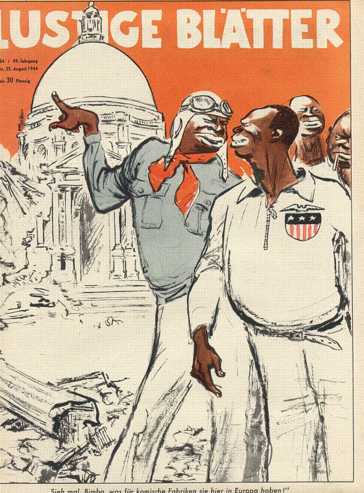
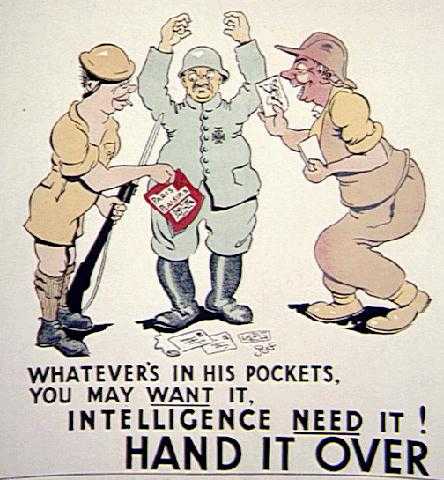

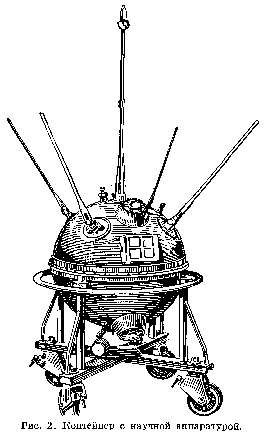

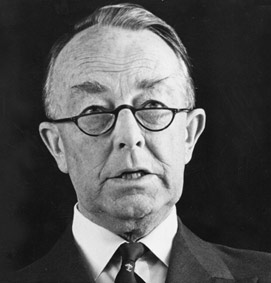
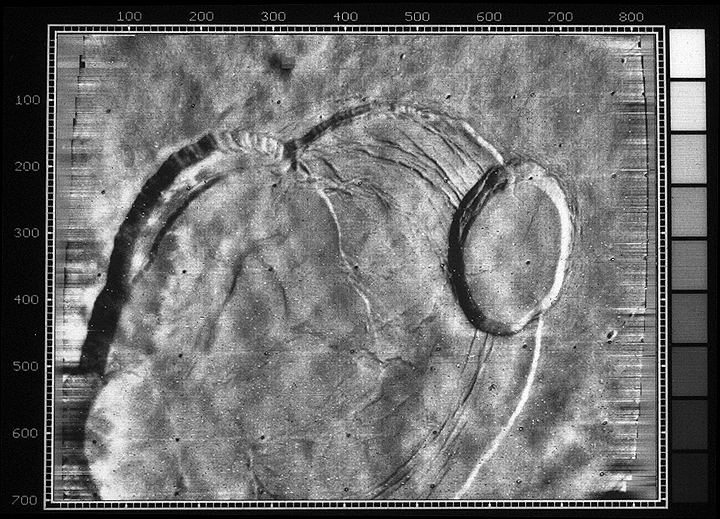
1975 Kenneth C. Brugger discovers the long-unknown winter destination of the monarch butterfly in the mountains of Mexico. From 1937, for 38 years, Canadian zoologist Freud Urquhart patiently investigated to establish the route and destination of the insects. Using tags on the wings of some butterflies, he followed their migration trails to Mexican territory. Brugger, one of Urquhart's helpers, after a long period of traveling in the center of Mexico, found the first butterfly refuge. Within the territory of only 200 square meters, there are around 20 million butterflies. The area was cold and covered with oyamel trees and pine trees, a few kilometers from rural towns."
1980 President Jimmy Carter asks the US Senate to delay the arms treaty ratification in response to the Soviet invasion and occupation of Afghanistan.


1995 The most distant galaxy yet discovered is found by scientists using the Keck telescope in Hawaii. It is estimated to be 15 billion light years away and was named 8C 1435+63"
2001
2001
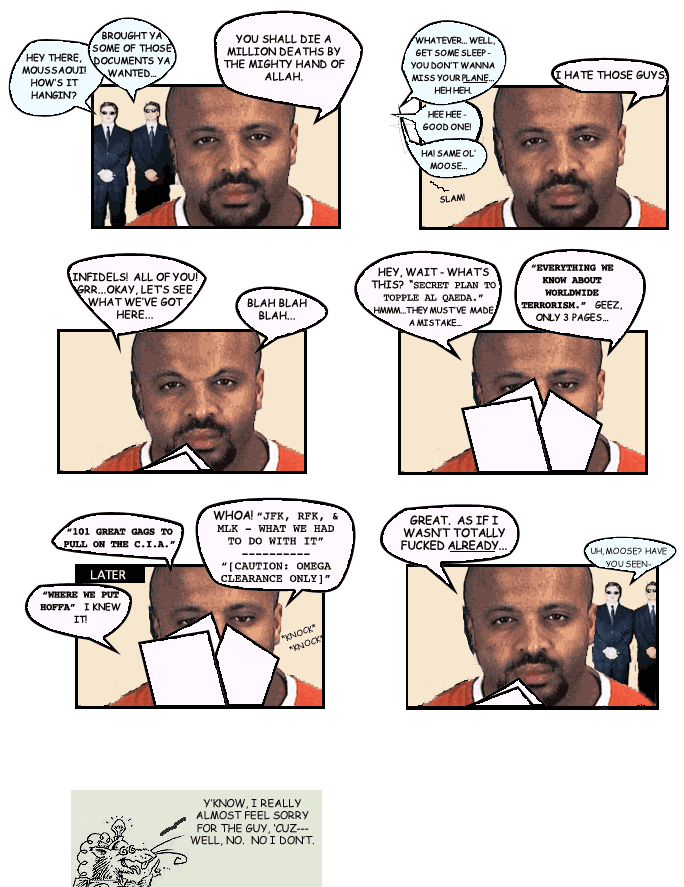









2006

2006
2006
2006
2006
2006